Aquatic animal welfare policy to address ‘pressing’ issues in aquaculture and wild-capture fisheries
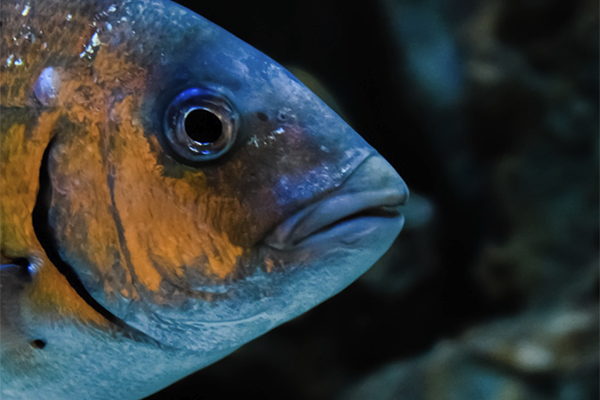
Progressive seafood company Blueyou has recently launched the first animal welfare policy for a sustainable seafood portfolio brand worldwide. The policy, created with guidance from the Aquatic Life Institute, represents a significant step toward advancing aquatic animal welfare considerations for the seafood sector.
“Blueyou’s visionary and clear animal welfare policy is the strongest example that we have seen to date from a major seafood company,” said Sophika Kostyniuk, managing director of the Aquatic Life Institute. “Their specific language around minimizing animals’ stress and suffering, educating the supply chain around them to create a domino effect, and a commitment to publicly reporting on progress is an excellent model for other seafood companies to adopt.”
Blueyou’s new animal welfare policy outlines the company’s holistic view of the responsible seafood movement. As part of its 10 impact policies, Blueyou recognizes the integral role of animal welfare and health in sustainable food production and is committed to improving the conditions of species raised and caught in their supply chains and origins.
“We believe that future seafood origins must be aligned with the planetary boundaries in terms of the environmental impact dimension, including climate change,” said René Benguerel, founder and managing director of Blueyou. “However, of equal importance for Blueyou is the social and community dimension of the seafood industry, as well as the animal welfare of the species being caught and harvested for human consumption – including the species which are affected by indirect side-effects of the industry, such as aquatic animals being used for feed in the farmed sector as well as those being affected by the wild capture fisheries, such as the bait species and bycatch.”
The policy addresses critical issues in aquaculture, such as stunning before slaughter and mutilation, with plans to make significant progress in these areas by the end of December 2025. Additionally, the policy emphasizes the promotion of nature-based farming systems and the cultivation of lower trophic species. It also sets high standards for stocking densities and water quality.
The policy also focuses on enhancing welfare in wild-capture fisheries, an area that’s just starting to get attention from companies and producers. Blueyou’s plan starts with raising awareness among its suppliers and gradually improving welfare standards with guidance from the Aquatic Life Institute. Moreover, its shift towards low trophic species shows how fisheries and aquaculture can be connected, reducing the reliance on wild-caught fish for feed.
Now that you've reached the end of the article ...
… please consider supporting GSA’s mission to advance responsible seafood practices through education, advocacy and third-party assurances. The Advocate aims to document the evolution of responsible seafood practices and share the expansive knowledge of our vast network of contributors.
By becoming a Global Seafood Alliance member, you’re ensuring that all of the pre-competitive work we do through member benefits, resources and events can continue. Individual membership costs just $50 a year.
Not a GSA member? Join us.
Author
-
Responsible Seafood Advocate
[103,114,111,46,100,111,111,102,97,101,115,108,97,98,111,108,103,64,114,111,116,105,100,101]
Tagged With
Related Posts
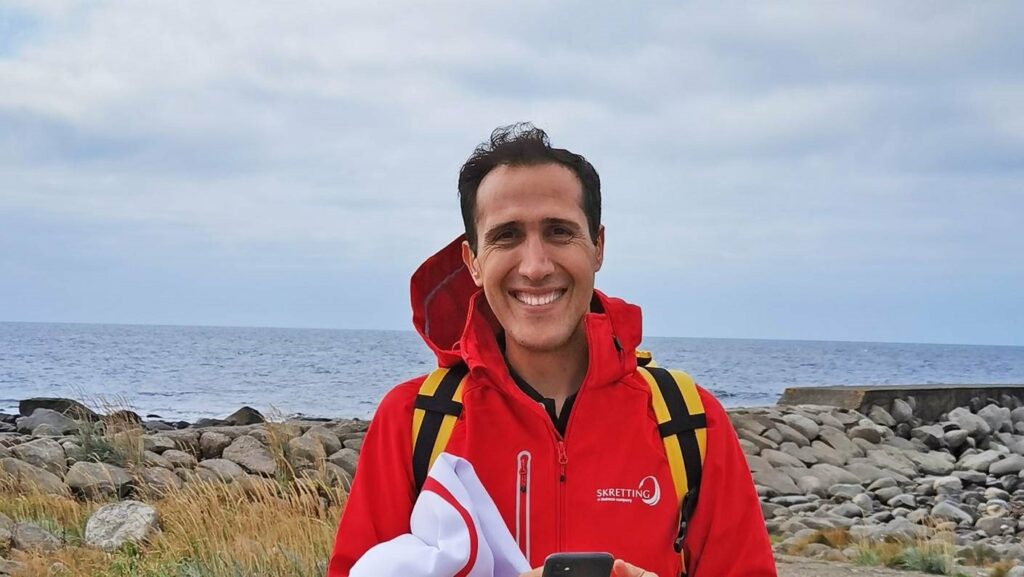
Responsibility
‘Do more and do better’ – Sustainability manager discusses Skretting’s ambitious agenda
Aquafeed giant Skretting recently appointed Jorge Diaz as its sustainability manager to advance its ambitious sustainability agenda.
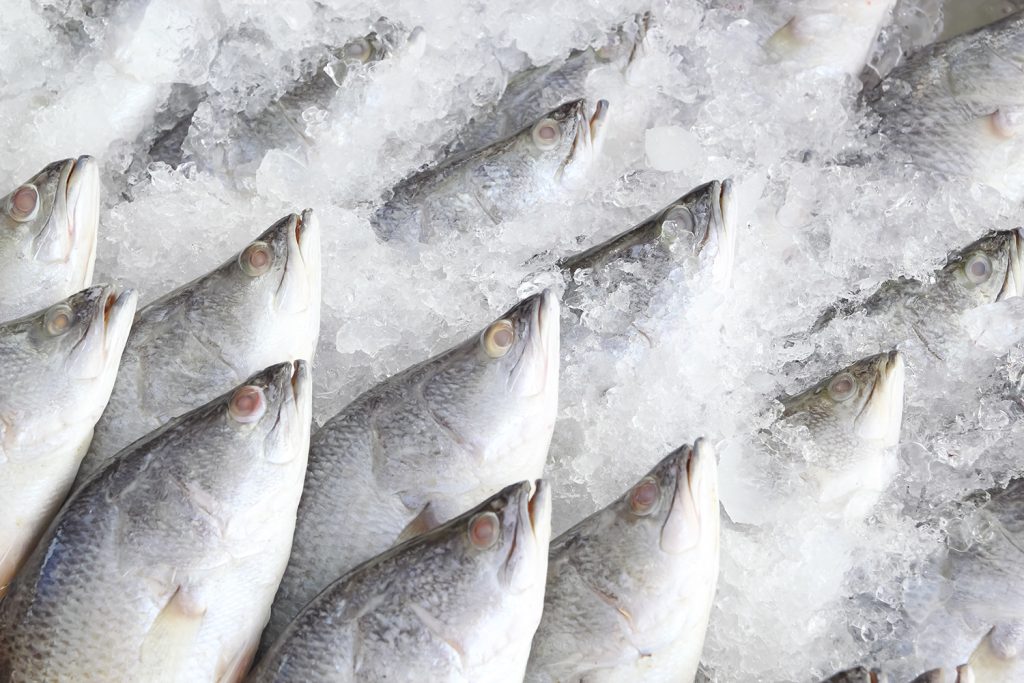
Intelligence
Walton Family Foundation poll finds strong backing for sustainable seafood
A poll commissioned by the Walton Family Foundation finds most Americans believe ocean health and sustainable seafood need urgent protection.
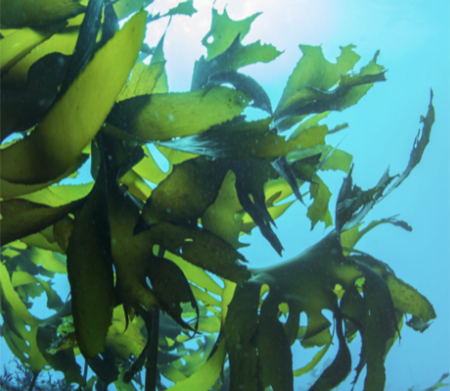
Aquafeeds
BioMar adopts microalgae into aquafeed, hits ‘major sustainability milestone’
Aquafeed supplier BioMar hits a major sustainability goal by reaching 1 million metric tons of salmon feed containing microalgae.
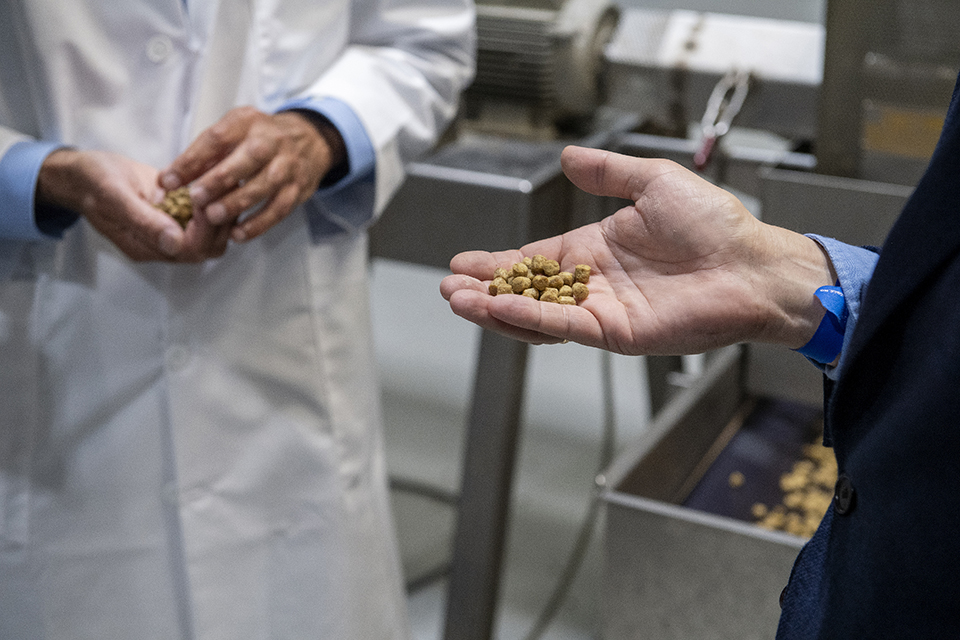
Aquafeeds
Nofima launches collaborative project to develop sustainable ingredients for farmed salmon
Nofima has launched the Millennial Salmon Project, a collaborative research initiative to develop sustainable ingredients for farmed salmon.



